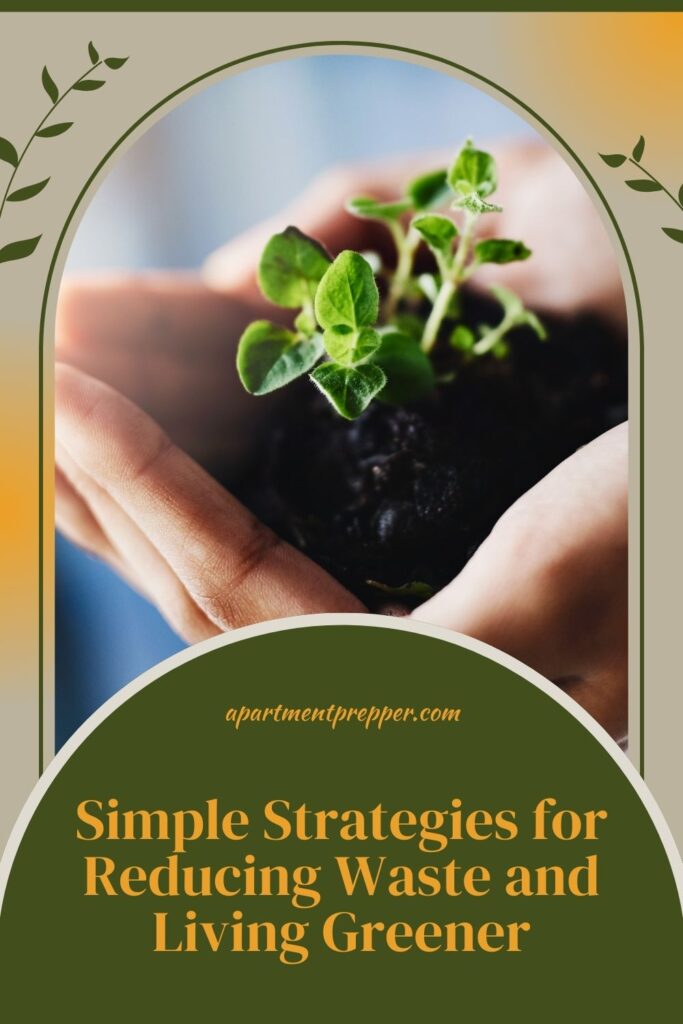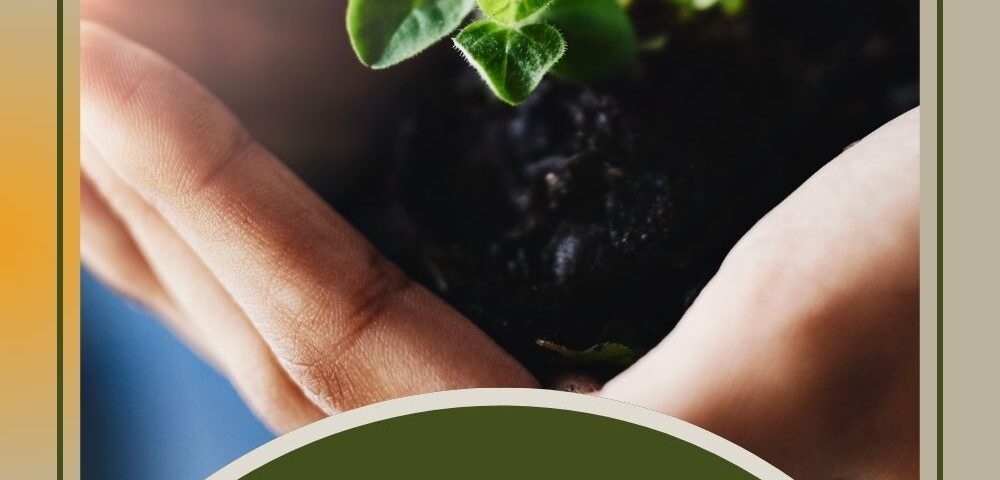Written by Bernie Carr
Many readers have expressed interest with sustainability and living a greener lifestyle. With environmental concerns mounting and resources dwindling, adopting even small eco-friendly practices can help individuals to minimize their carbon footprint and live more harmoniously with the planet. You don’t need to overhaul your entire lifestyle to make a positive impact. By embracing do-it-yourself (DIY) sustainability, you can implement simple yet effective strategies to reduce waste and live greener right from the comfort of your own home.
Why DIY Sustainability Matters
DIY sustainability offers a multitude of benefits, both for individuals and the planet as a whole. By taking proactive steps to reduce waste and adopt greener practices, you can:
Healthier Living: Living greener often involves choosing natural, non-toxic alternatives to conventional products, leading to a healthier indoor environment and reduced exposure to harmful chemicals.
Reduce Environmental Impact: DIY sustainability helps lessen the burden on the environment by minimizing waste generation, conserving resources, and reducing pollution.
Empowerment: Engaging in DIY sustainability empowers individuals to take control of their environmental impact and contribute to positive change on a personal level.
Save Money: Many sustainable practices can also lead to cost savings in the long run. By repurposing items, reducing energy consumption, and minimizing waste, you can trim your expenses and live more frugally.
Simple DIY Sustainability Strategies
1. Reduce, Reuse, Recycle
The classic mantra of sustainability still holds true today. Start by evaluating your consumption habits and finding ways to reduce waste. Choose reusable alternatives instead of single-use items, such as reusable shopping bags, water bottles, and food containers. Embrace the art of upcycling by giving new life to old items through creative DIY projects. Finally, make recycling a priority by sorting your waste and recycling materials whenever possible.
2. Composting
Composting is a simple yet effective way to divert organic waste from landfills while creating nutrient-rich soil for your garden. Set up a compost bin or pile in your backyard or even on a balcony or patio using a composting tumbler or worm bin. (Be sure to check your leasing agreement to make sure you are not violating any regulations before you start composting. ) Collect fruit and vegetable scraps, coffee grounds, eggshells, and yard waste to feed your compost pile. With time, you’ll be rewarded with “black gold” that can be used to nourish your plants and reduce the need for chemical fertilizers.
3. DIY Cleaning Products
Commercial cleaning products often contain harsh chemicals that can harm both your health and the environment. Fortunately, it’s easy to whip up your own eco-friendly cleaning solutions using simple household ingredients like vinegar, baking soda, lemon juice, and essential oils. From all-purpose cleaners and window sprays to laundry detergent and dish soap, DIY cleaning products are effective, affordable, and free from harmful additives.
4. Energy Conservation
Conserving energy not only reduces your carbon footprint but also helps lower your utility bills. Take simple steps to minimize energy consumption, such as turning off lights and electronics when not in use, unplugging appliances, using energy-efficient light bulbs, and adjusting your thermostat to reduce heating and cooling costs. Consider investing in smart home devices, such as programmable thermostats and energy monitors, to help track and manage your energy usage more effectively.
5. Sustainable Gardening
If you have access to outdoor space, consider starting a garden using sustainable practices. Choose native plants that are well-suited to your climate and require minimal water and maintenance. Practice water conservation techniques, such as mulching, rainwater harvesting, and drip irrigation, to minimize water waste. Avoid chemical pesticides and fertilizers in favor of natural alternatives like compost, mulch, and companion planting to promote a healthy and biodiverse garden ecosystem.
Conclusion
Incorporating DIY sustainability into your daily life doesn’t have to be a big production. By taking small, manageable steps-repurposing old materials, composting kitchen scraps, or making your own cleaning products, you can make a meaningful difference in reducing waste and living greener.
We are an affiliate of Amazon.com, which means we received a small commission if you click through one of our Amazon links when you shop, at totally no cost to you. This helps keep the lights on at the blog. Thanks!
About the author
Bernie Carr is the founder of Apartment Prepper. She has written several books including the best-selling Prepper’s Pocket Guide, Jake and Miller’s Big Adventure, The Penny-Pinching Prepper and How to Prepare for Most Emergencies on a $50 a Month Budget. Bernie’s latest e-book, FRUGAL DIY has just been released on Amazon. Her work appears in sites such as the Allstate Blog and Clark.com, as well as print magazines such as Backwoods Survival Guide and Prepper Survival Guide. She has been featured in national publications such as Fox Business and Popular Mechanics. Learn more about Bernie here.
FB: https://www.facebook.com/apartmentprepper
Instagram: https://www.instagram.com/apartmentpreppers/
Twitter: https://twitter.com/AptPrepper
YouTube: https://www.youtube.com/channel/UC7vOtdbo-wiBeBxD6puCr1Q
Patreon: https://patreon.com/apartmentprepper
Pinterest: https://www.pinterest.com/aptprepper/
Today’s societal climate not supportive of prepping. With your help, we can keep bringing you content that is often suppressed. Help keep Apartment Prepper alive.
Join me on Patreon for ad-free content.

Or Help out via Paypal



